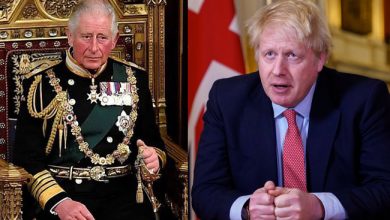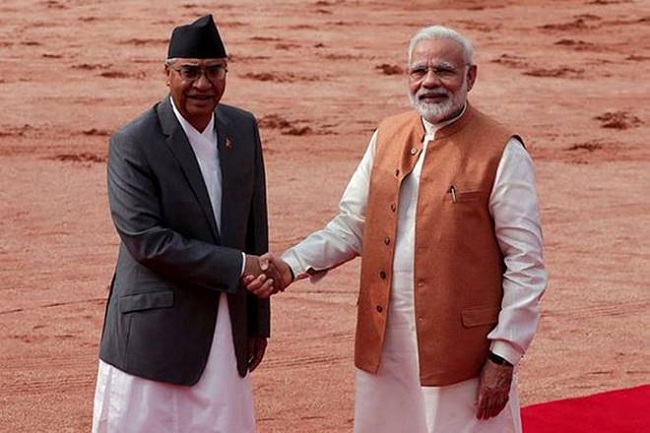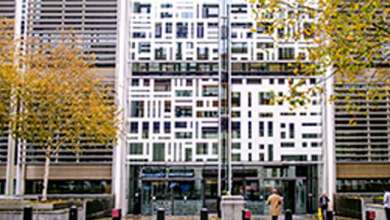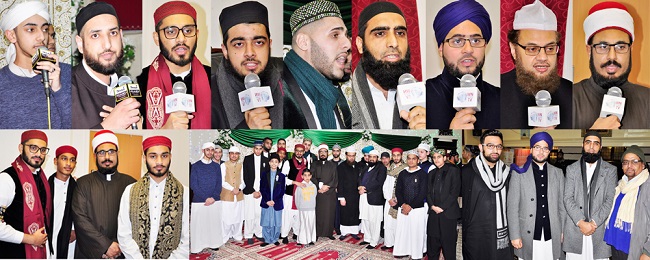World’s Top Human Rights Experts Lambast India for Fundamental Rights Abuses and Immunity, 27 Years after last ICCPR Review
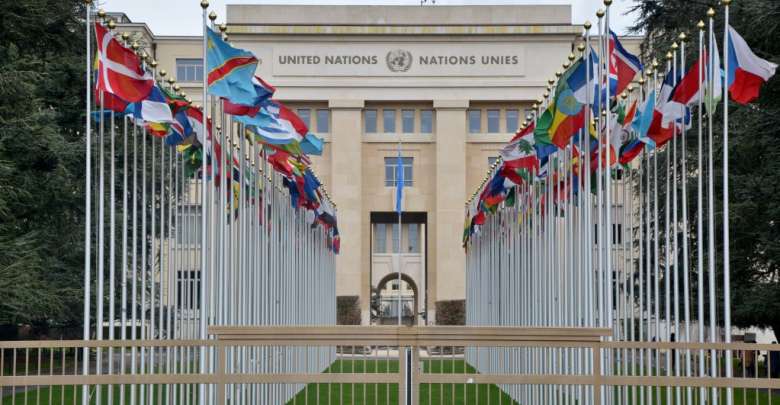
Sikhs endorse demand for India to take “concrete steps” to accept the right of self-determination
London: The Human Rights Committee (HRC), a panel of 18 leading experts responsible for overseeing the compliance of states with the 1966 International Covenant on Civil and Political Rights (ICCPR), has issued a damning verdict on India’s breach of most of the key provisions of international law relating to human rights. Following the formal review session in Geneva in mid-July, the HRC released its ‘Concluding Observations’ on 25 July 2024. They detail an astonishing level of concern about India’s record and the mountain of evidence of industrial-scale breaches presented to the HRC by leading human rights bodies and civil society organisations.
The HRC’s formal recommendations for remedial action make it abundantly clear that India is amongst the worst human rights violators and put into perspective the ludicrous claims of India’s narrative creators that it is fit to sit at the top table of global leadership. India’s official position in denying nations the collective human right to self-determination, as well as its unofficial – but plain to see – targeting of religious and national minorities by the illegal use of extrajudicial killings, torture, arbitrary detention, mass violence, and draconian laws were amongst the key findings that the HRC has asked India to end.
That is a devastating assessment for a state staking claims to lead the ‘Global South’ and to a permanent seat at the UN Security Council. The HRC’s findings will be noted at those forums and beyond, even though India’s External Affairs ministry has – incredibly – characterised the Geneva review as an opportunity, successfully taken, to “showcase” India’s commitment to human rights!
The World Sikh Parliament submitted a major report to the HRC as part of the review; it detailed forty years of massive ICCPR violations against the Sikhs. Our delegation had face to face interactions with the HRC hours before the Indian delegation were questioned by HRC members. We are confident that our representations, along with those of many other interested parties, were taken in to account in this milestone review. India has been avoiding the process for 27 years, but there was no longer any place to hide and its appalling record was rightly exposed on the world stage.
The HRC has required India to report back by 23 July 2027 on key issues that arose during the review. Those included measures to stop discrimination and violence against “ethnic, religious and national minorities”, based on evidence presented to it of “discrimination against minority groups, and violence and derogatory rhetoric against religious minorities including Muslims, Christians and Sikhs”. It has also required steps to be taken to amend draconian laws, such as the notorious Unlawful Activities (Prevention) Act 1967 and the National Security Act 1980, that are inconsistent with the ICCPR and to ensure such laws are not used to neutralise ICCPR rights, such as rights to life, liberty and security of the person, as well as freedom of expression and association, and the presumption of innocence in criminal proceedings. The HRC, importantly, recognised that the abuse of such laws was driven by the state’s desire to “crack down on human rights defenders, journalists, peaceful protestors and political opponents, among others”.
Perhaps most importantly, in the context of the Indo-Sikh conflict, the HRC has robustly asked the Indian state to “take concrete steps” to withdraw the ‘reservations’ it has formally lodged against a number of ICCPR provisions, such as Article 1 which sets out the right to self-determination. The denial of that right to the Sikh nation, by the illegal use of force over the last 40 years, has defined the conflict in Punjab, as well as other ongoing conflicts in Kashmir and several north-eastern regions. The Sikhs have, after suffering genocidal attacks over that period, resolved to exercise that right in the form of an independent sovereign state of Khalistan in their homeland in Indian-controlled Punjab. The peaceable resolution of the conflict there depends entirely on the implementation of international law, specifically the collective and individual human rights prescribed by the ICCPR. India is very much now in the dock when it comes to such conflicts. We call on those international decision and policy makers who believe in the rule of law to hold India to account, just as the HRC has commendably done this month, so that human rights can truly be enjoyed and peace be restored to those regions.
The World Sikh Parliament appeals to all Sikhs to redouble efforts to bring peace and justice to our homeland. This is the time to counter the fascist majoritarianism that threatens our people, territory and natural resources, as well as the false Indian narratives deployed to demonise our struggle. The world is taking notice of the colonialism and oppression of the Indian state. We should ensure the opportunity is not lost to bring pressure on India to release our political prisoners, adhere to basic international standards such as those enshrined in the ICCPR, hand over genocide perpetrators to international criminal courts and decolonise the Sikh homeland.

